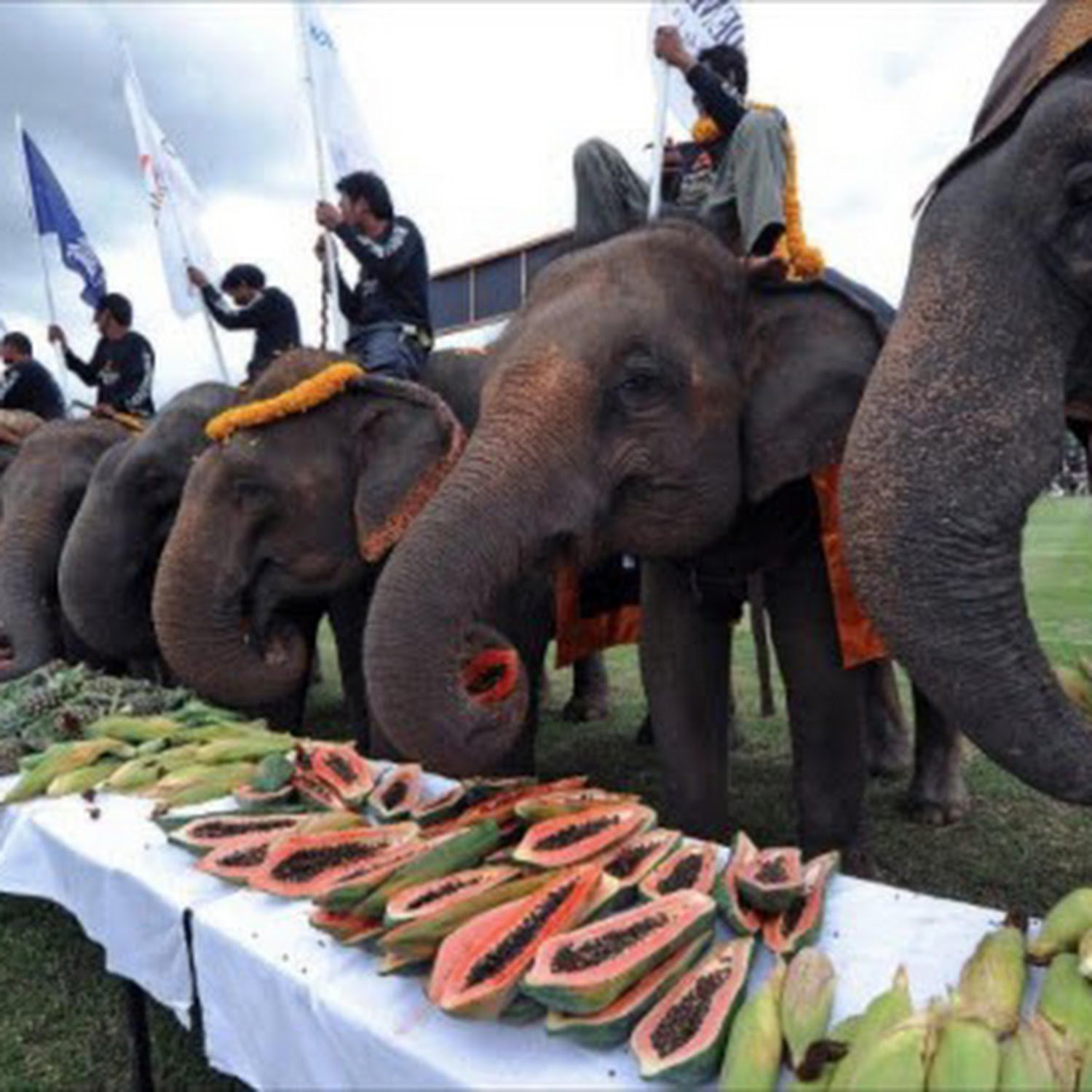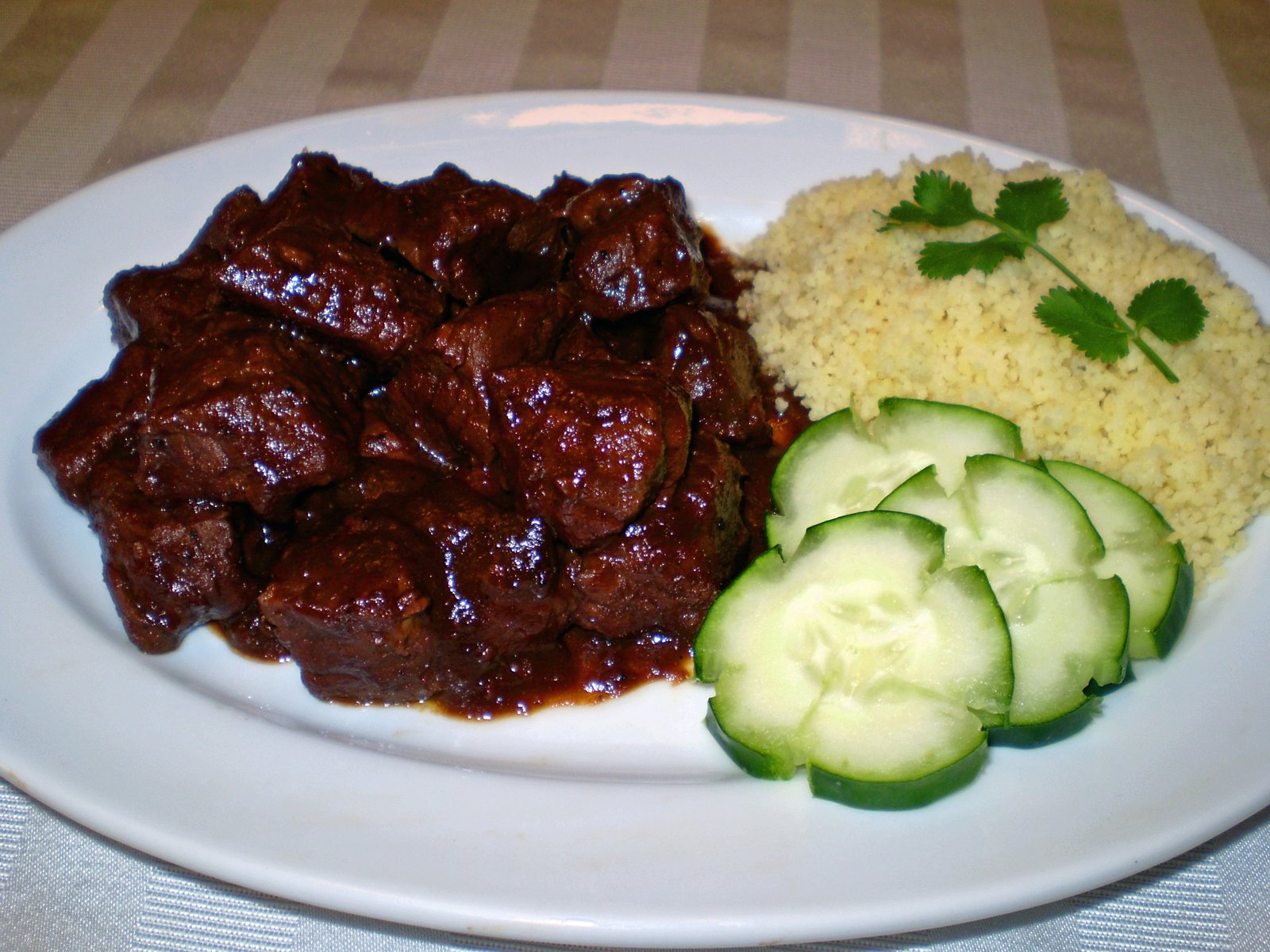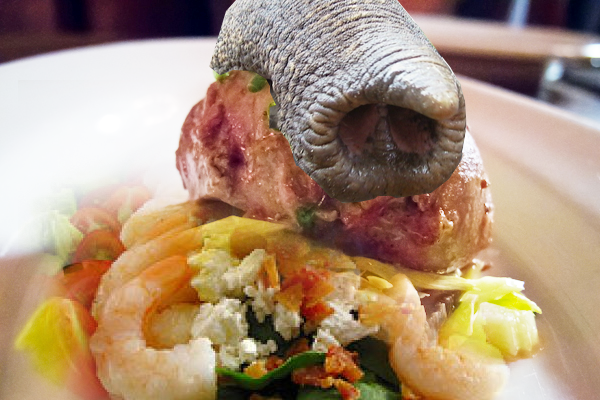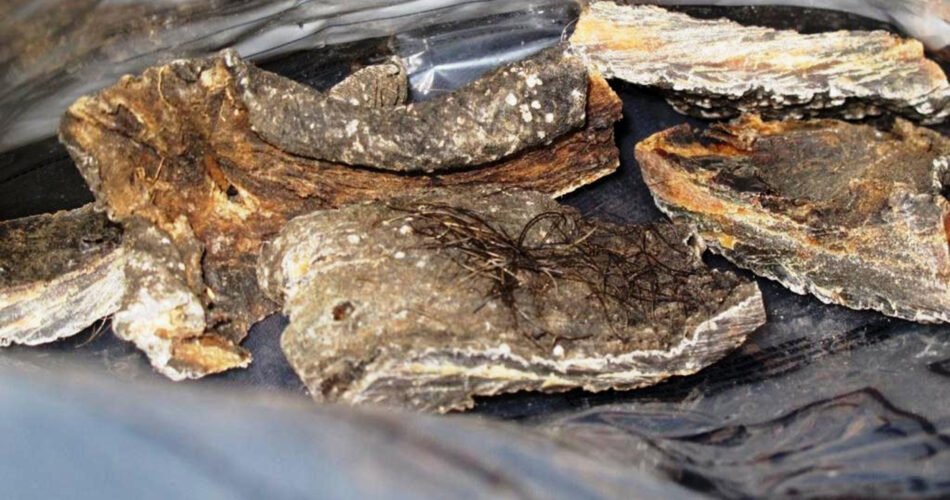What does Elephant Meat taste like? It’s a question that might arise out of curiosity, due to its rarity and the legal and moral constraints surrounding the consumption of such a majestic creature. I’ve always been one to explore different cuisines and tastes, but when it comes to elephant meat, here’s what I’ve learned from various sources and accounts.
What Is Elephant Meat?
Elephant Meat refers to the flesh derived from elephants. Its history and origin are mired in controversy due to international laws that protect species such as the African and Asian elephants, which are under serious threat of extinction. This meat is not something you’ll find in the market or on menus, especially due to conservation efforts and legal bans. In regions where it has been consumed, it’s typically done so as part of local traditions or poaching-related activities.
What Does Elephant Meat Taste Like? The Answer
Elephant Meat tastes like a cross between beef and venison. It is said to have a gamey, tough, and somewhat earthy flavor profile, that varies considerably depending on the age of the elephant and the cut of the meat. However, the consumption of elephant meat is not something I, or anyone who respects international wildlife laws and endangered species conservation, can advocate for.
People wonder what Elephant Meat tastes like out of the same curiosity that drives us to explore unknown foods. In some cultures, there’s a historical context to consuming game meat, making exotic meats somewhat of an intrigue. But with elephants, the rarity and illegality fuel such questions even more.

Variations in Taste of Elephant Meat
Given its illegal status, it’s challenging to provide accurate details on regional differences in elephant meat recipes and flavors. Traditionally, any variations would depend on local spices, cooking methods, and the diet of the elephant when it was alive. The cultural contexts where it might still be consumed are not mainstream and are often associated with subsistence hunting or clandestine activities.
Seasonal variations, much like with legal game meat, could influence the taste of elephant meat. Leaner periods might yield tougher meat, while times of plenty could result in a more tender and perhaps fattier product. The use of seasonal herbs and marinades could also affect the final flavor.
Nutritional Benefits of Elephant Meat & Impact on Taste
As far as health benefits are concerned, like other game meat, elephant meat is likely high in protein and low in fat. This nutrient profile suggests that it could be a healthier choice compared to conventional red meat, though these benefits do not outweigh the legal and conservation issues at play.
The health aspects of Elephant Meat might impact taste perceptions by creating a cognitive bias where consumers believe they are making a healthier choice and thus perceive the taste more favorably. However, this discussion is purely theoretical given the status of elephants.

Elephant Meat in Culinary Uses
While I cannot espouse popular ways to consume Elephant Meat due to its status, historically, it might have been roasted, stewed, or dried. Any use in recipes would be drastically overshadowed by the ethical and legal implications of its consumption.
If one hypothetically considers the culinary aspects, Elephant Meat’s likely strong flavor might be well complemented by bold spices and slow cooking methods to tenderize the tough meat. Nevertheless, there’s a strong consensus against using elephant meat for any culinary purposes.

Acquiring and Preparing Elephant Meat
Discussing where to find Elephant Meat products and what to look for isn’t just difficult, it’s against my belief in the protection of endangered species. Legal acquisition is next to impossible, as it should be, and the illegal trade of elephant meat is a significant factor in the decline of elephant populations worldwide.
As for pairing, while the moot point can be made about pairing such rich meat with vibrant flavors, root vegetables, or aromatic herbs, any culinary discussion promotes a market for a product that should not exist.

Final Words
To conclude, the question of “what does elephant meat taste like?” may spark curiosity, but beyond taste lies a darker reality of endangerment and illegality. My stance is clear: no culinary experience can justify the consumption of a species that faces extinction. With that being said, it’s vital to focus not on the taste, but on the conservation efforts to ensure the survival of these magnificent creatures, respecting international laws and the natural world we share with them.

